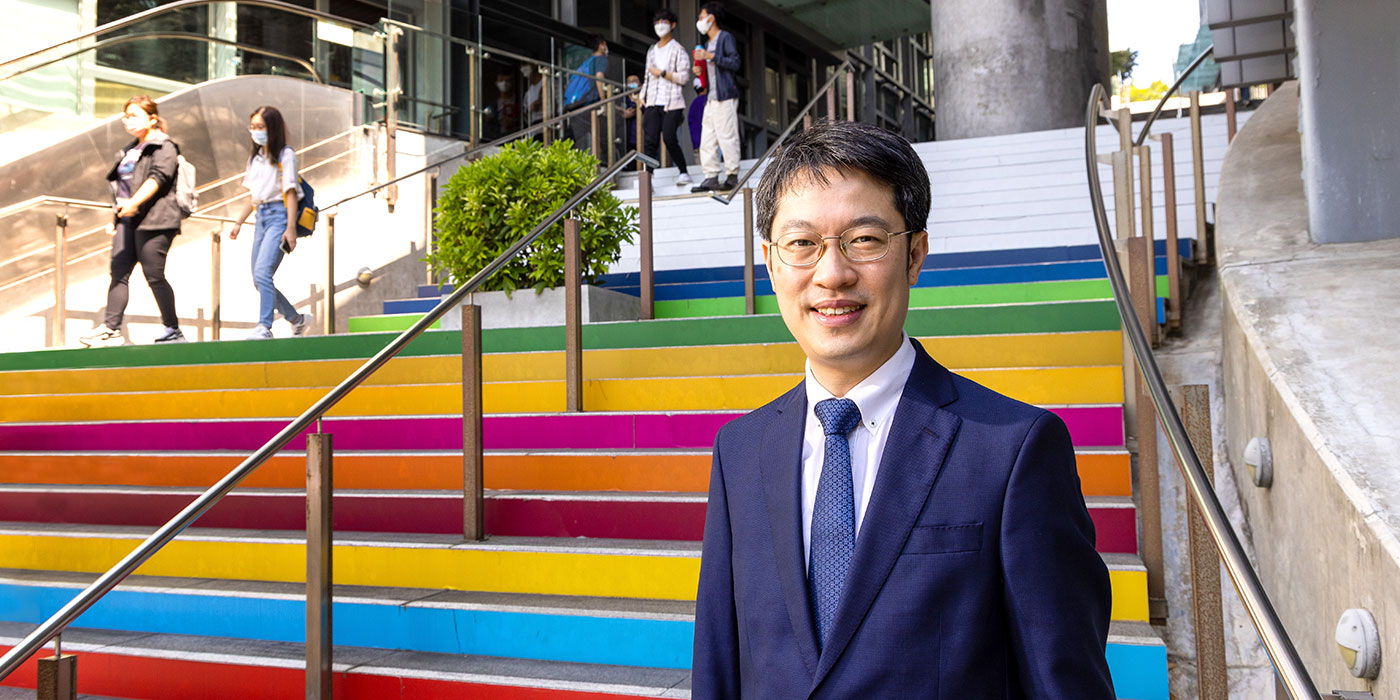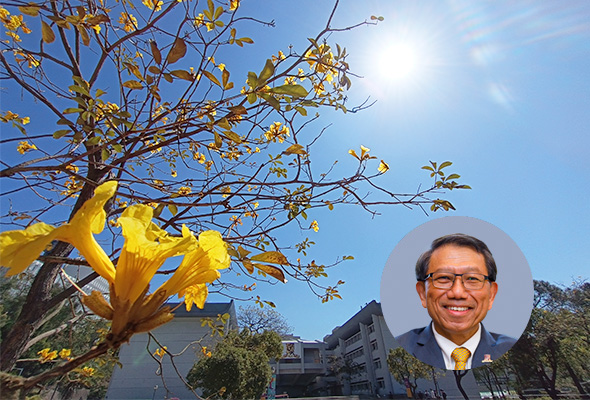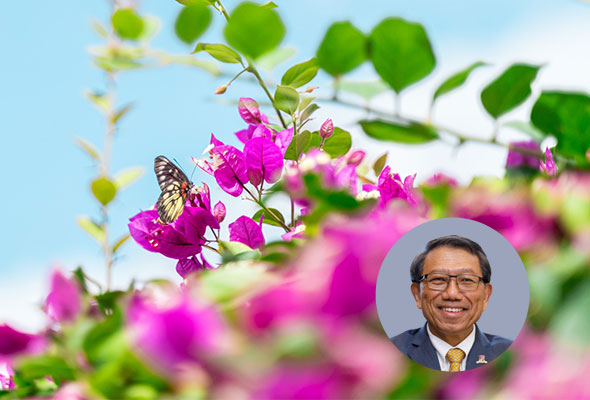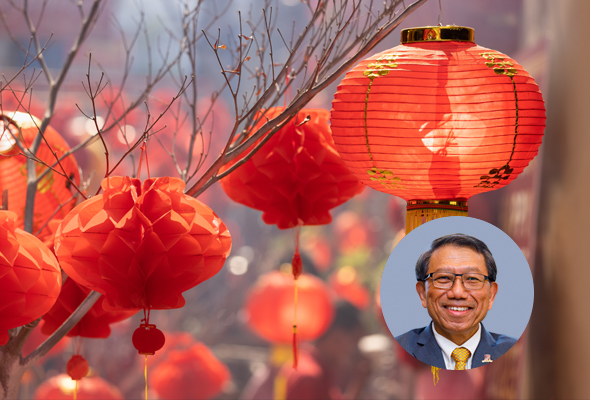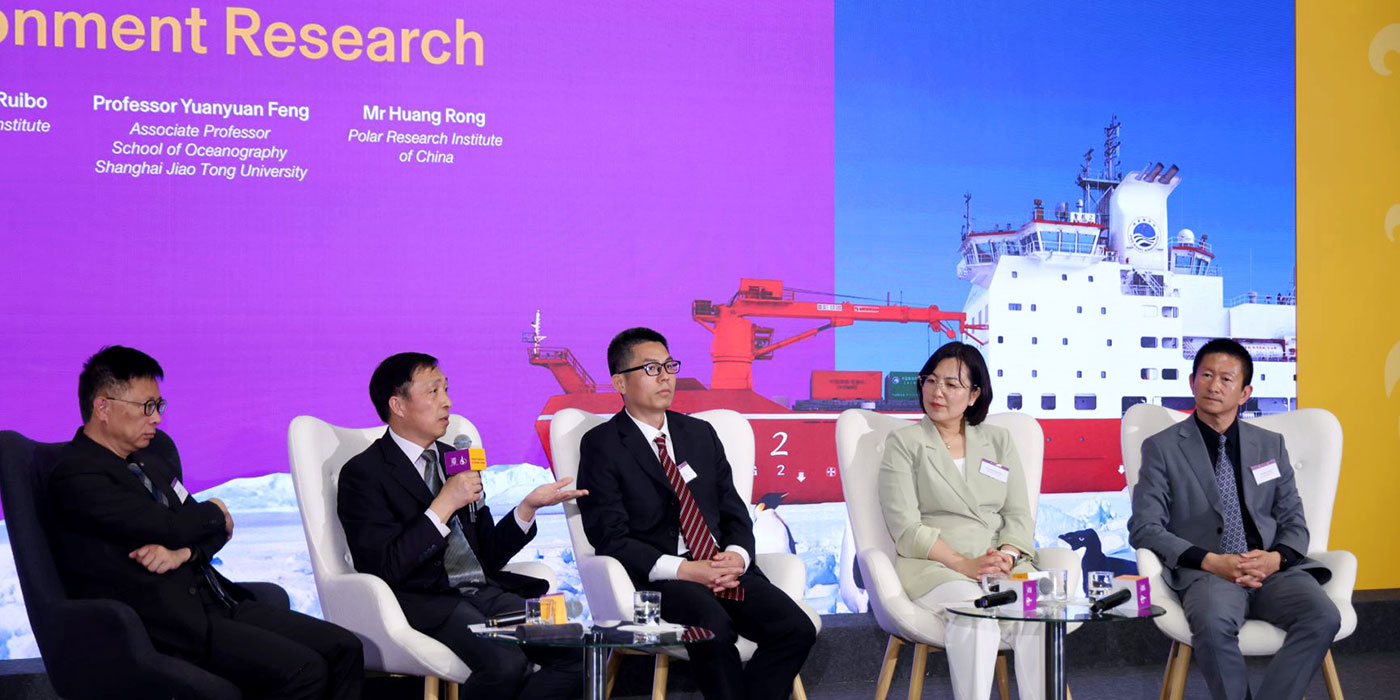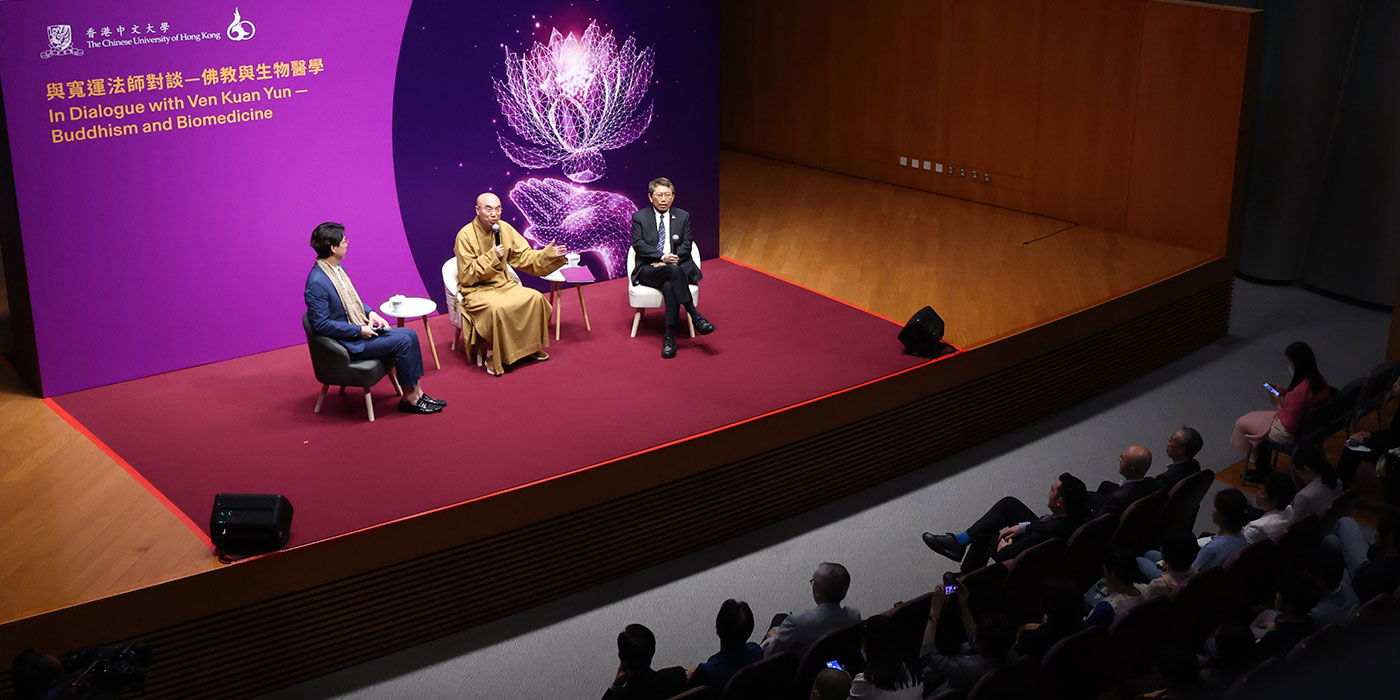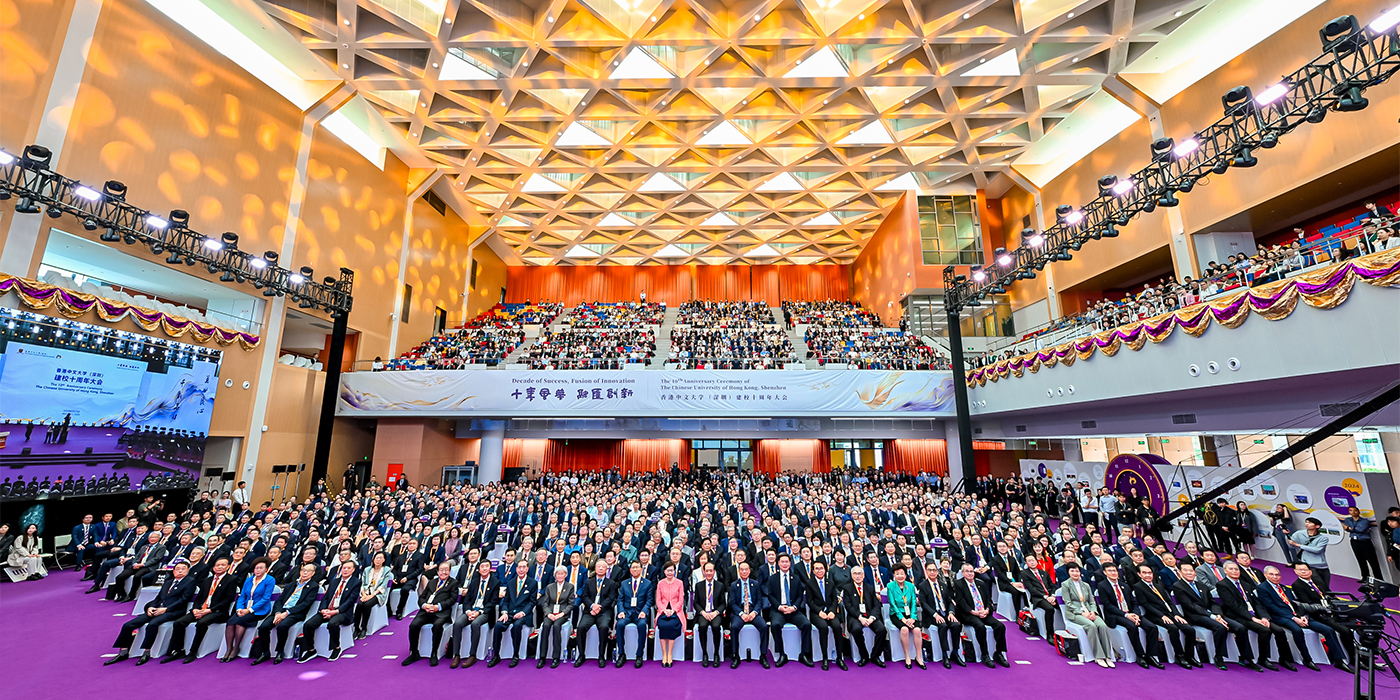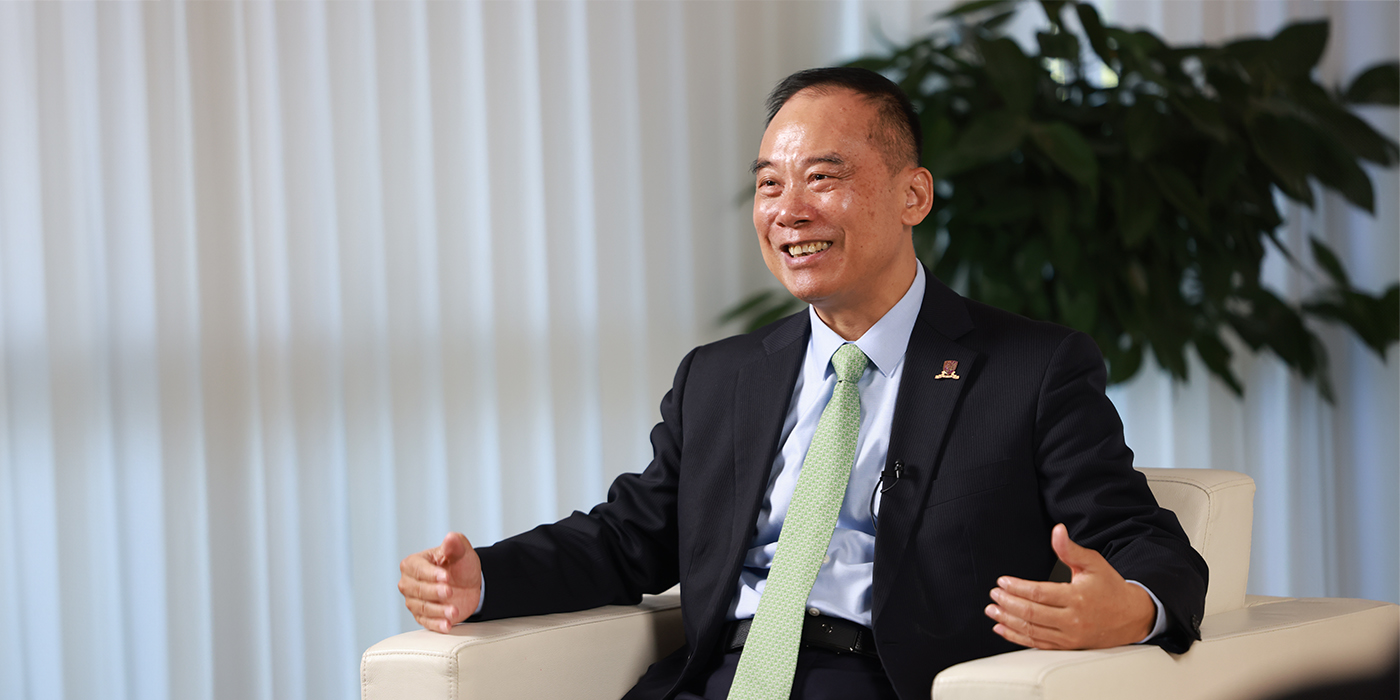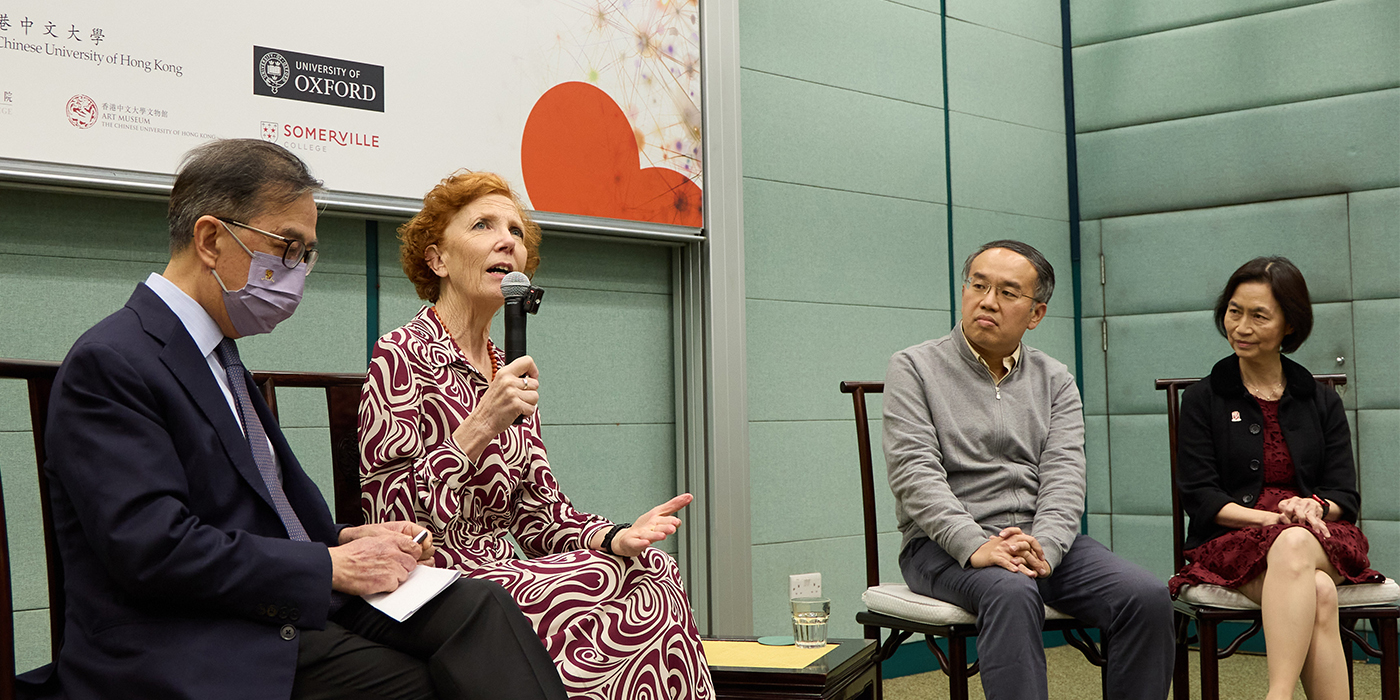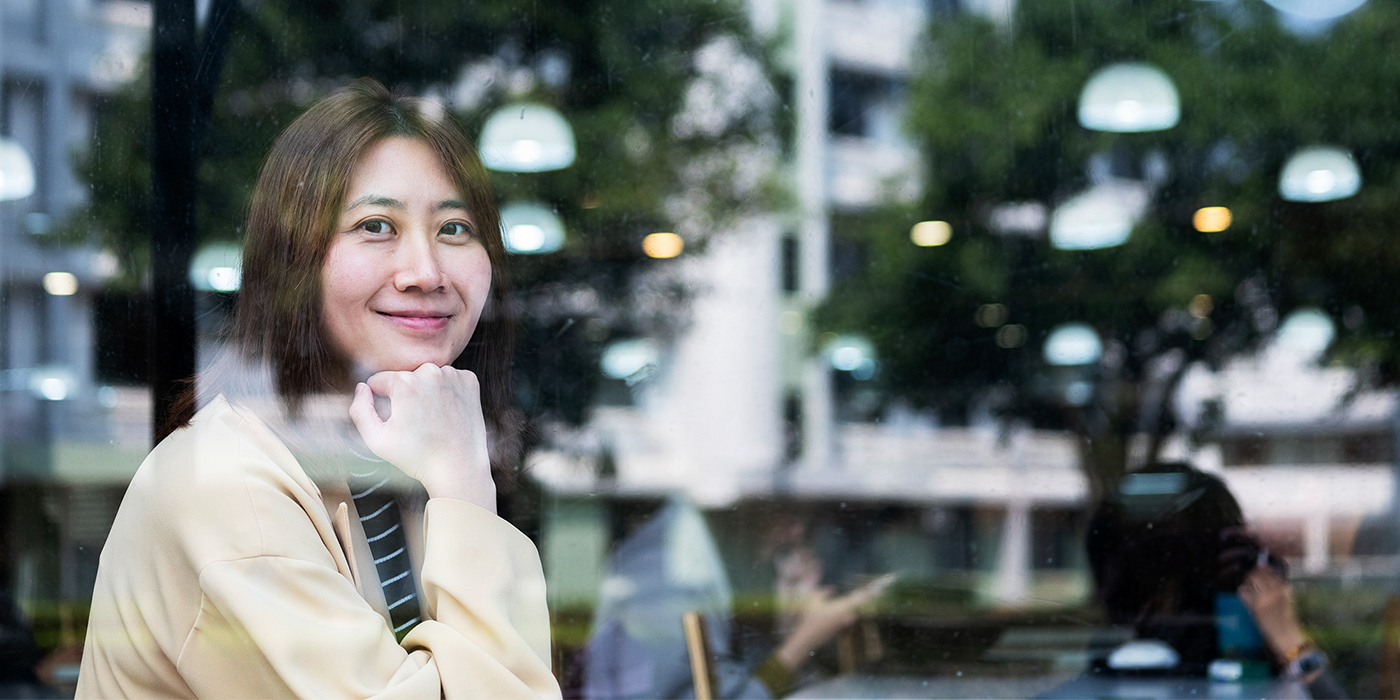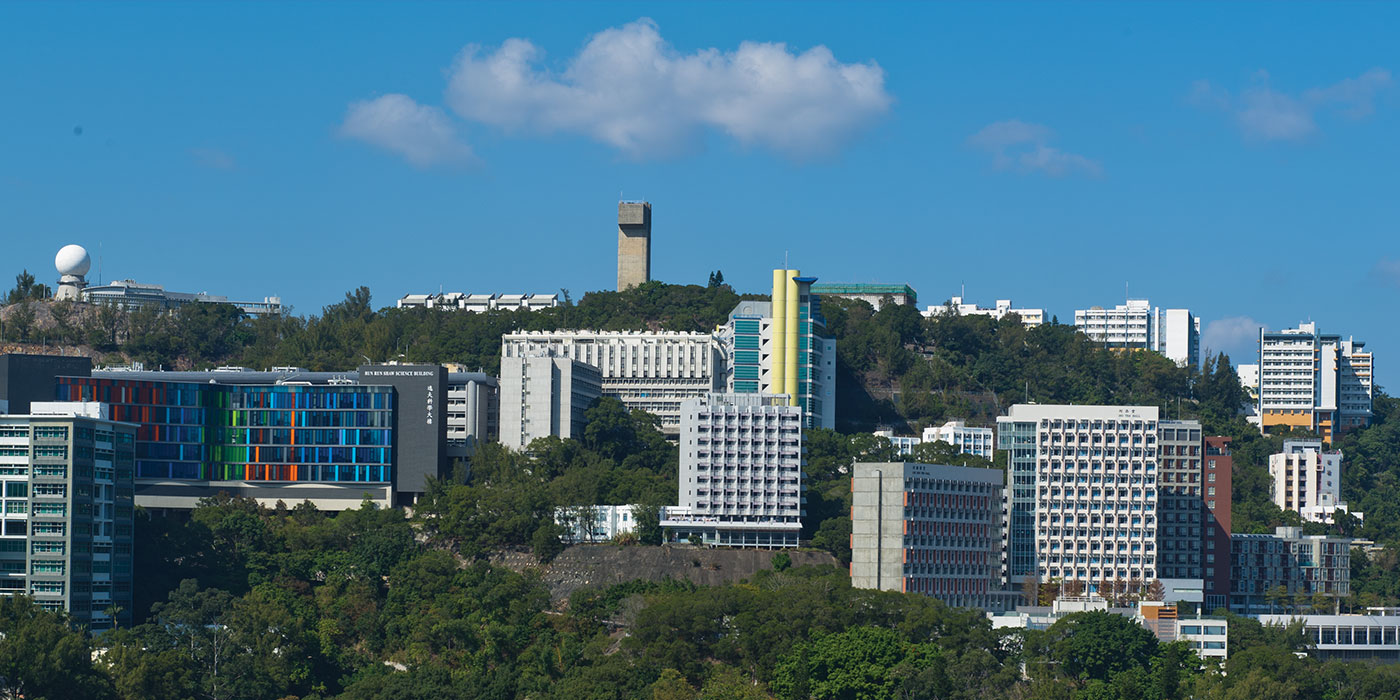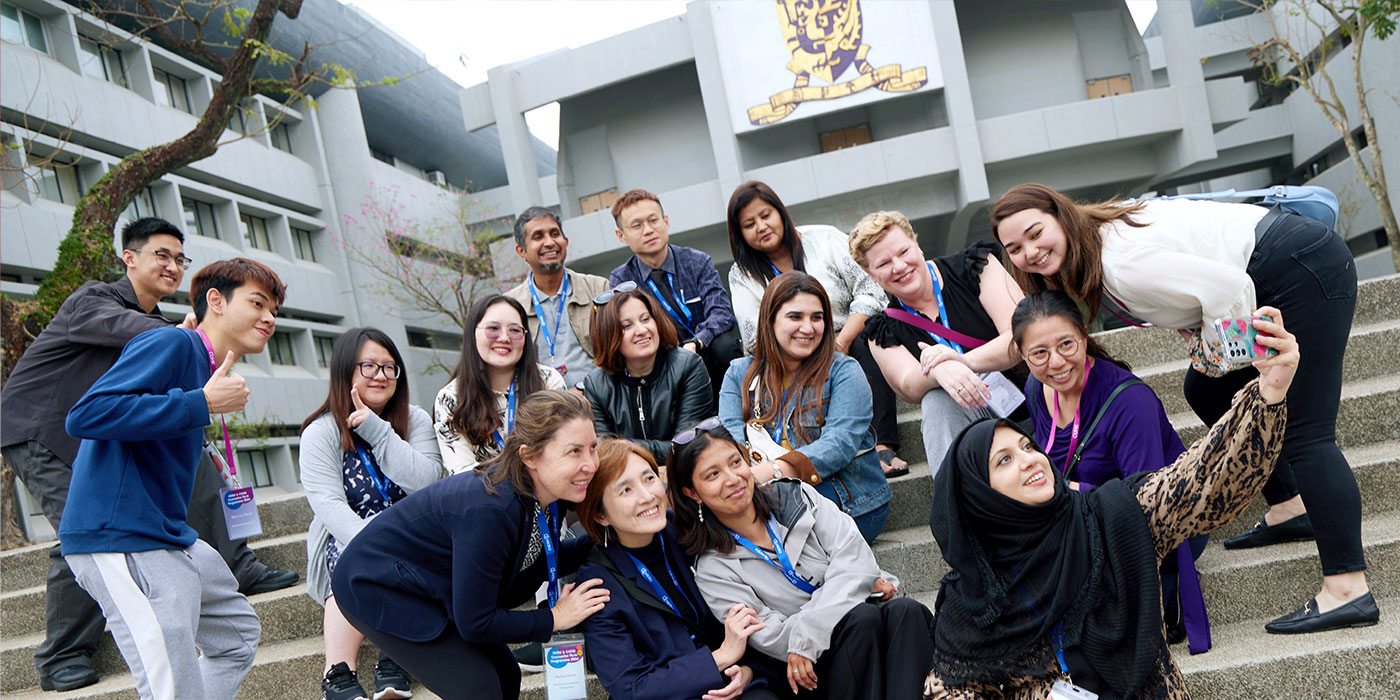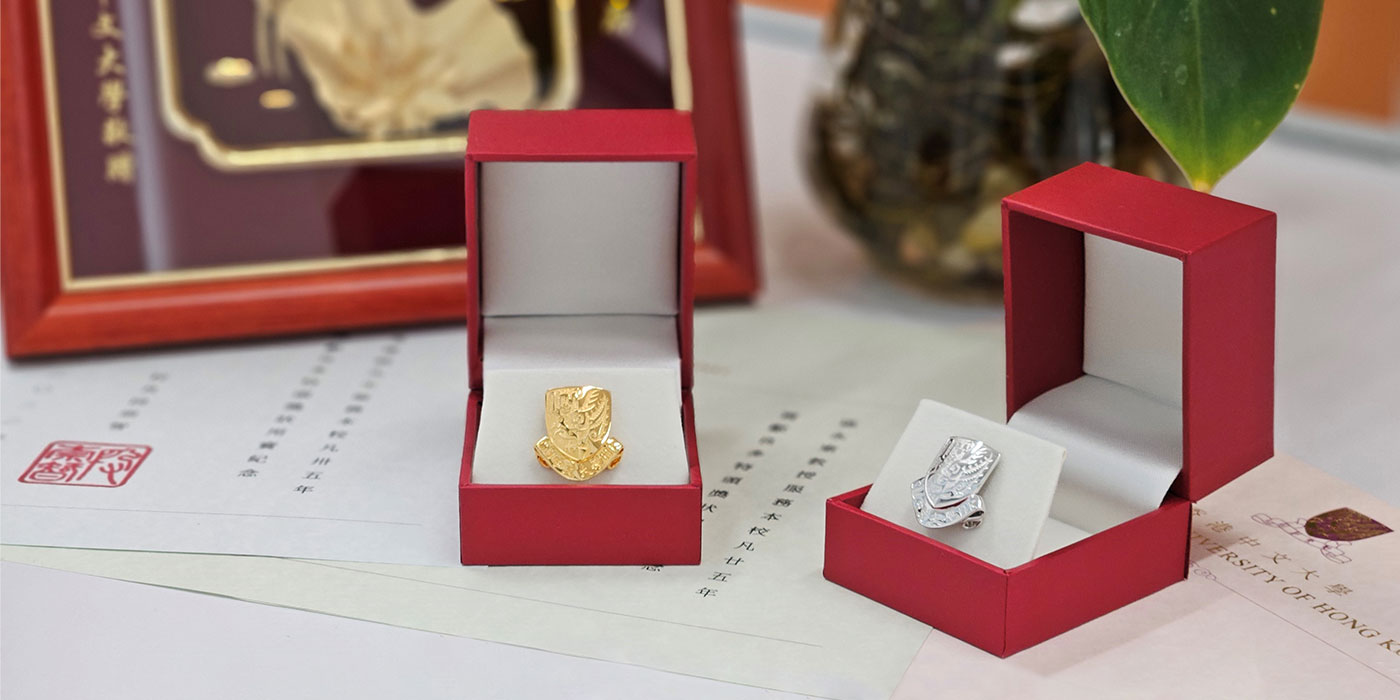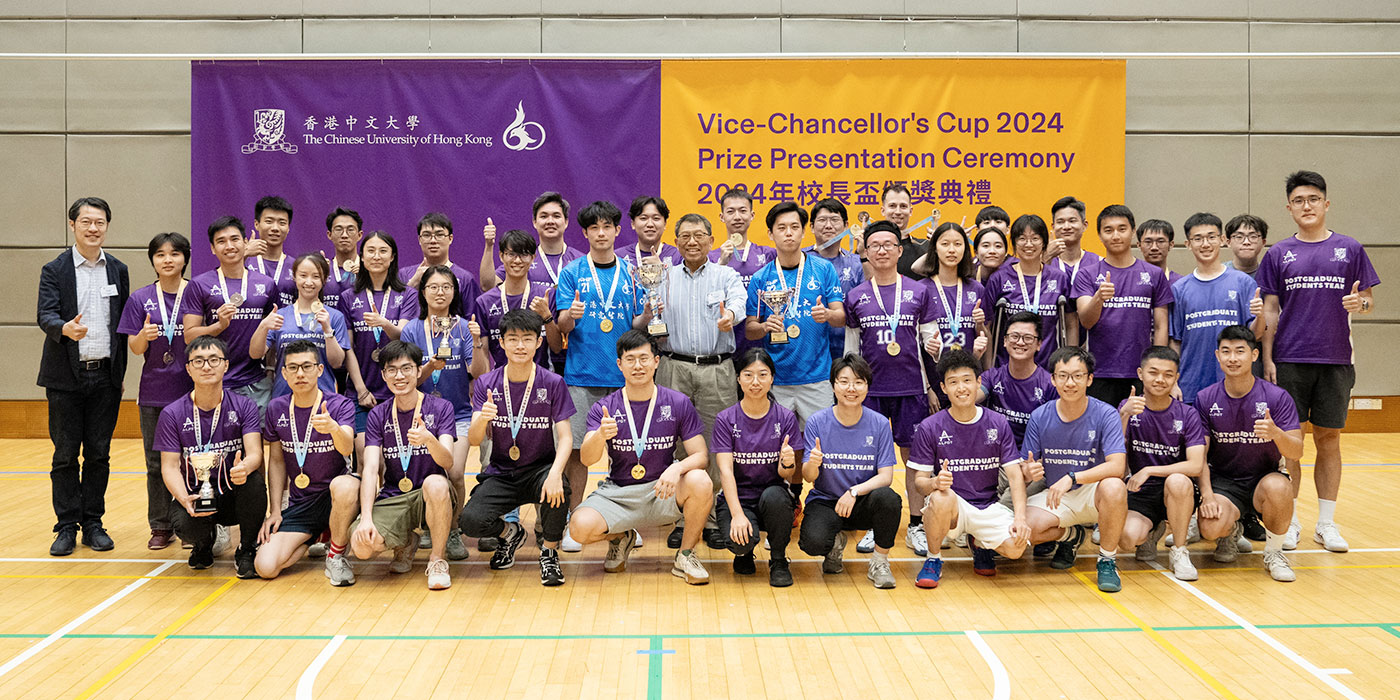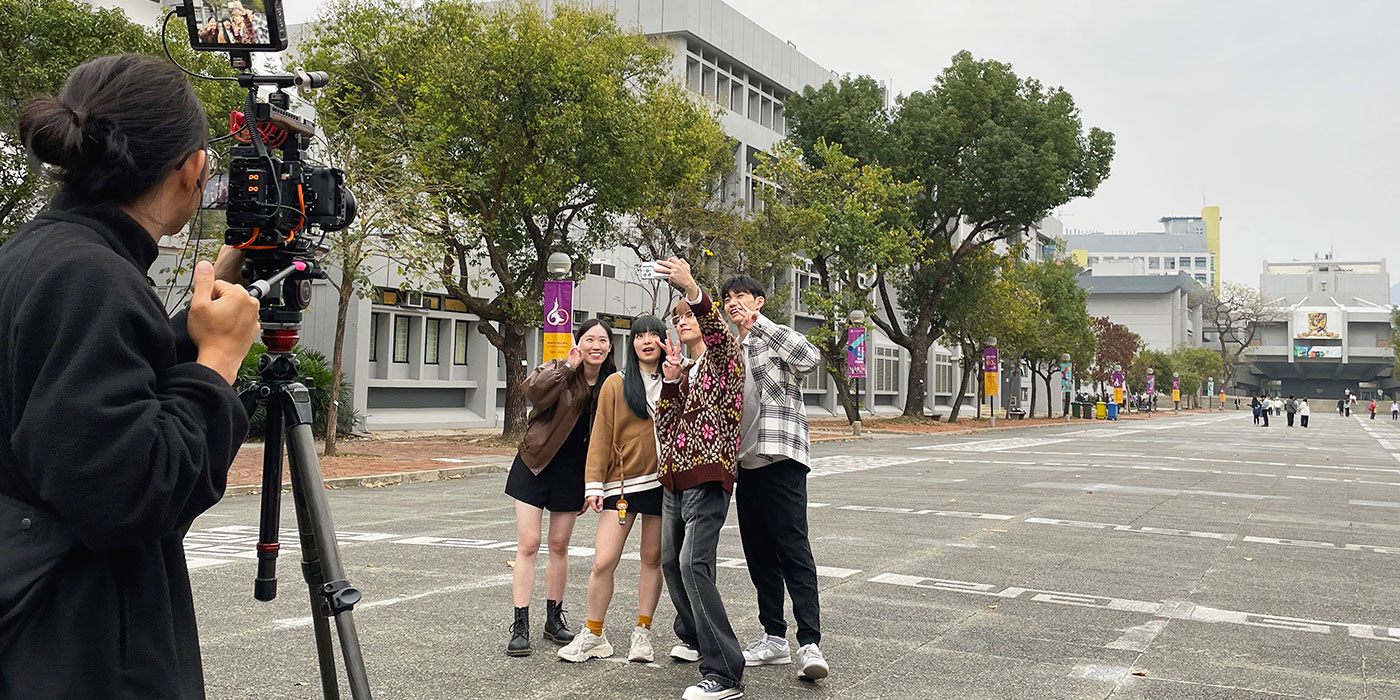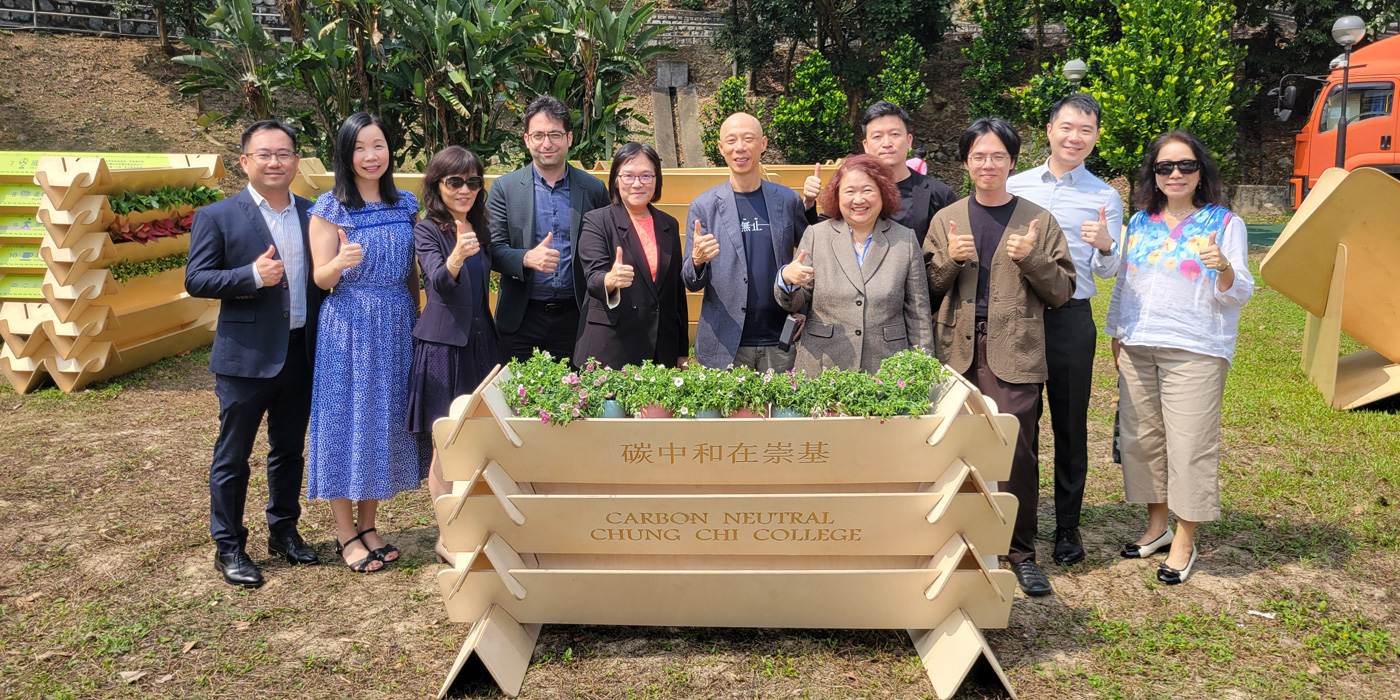On maths, students, and machines
Anthony So reflects on his teaching journey and AI dilemmas
To Anthony So Man-cho, mathematics is never just about symbols and dry formulae. He believes it is also about communicating good stories through prose.
When the professor in systems engineering and engineering management received the annual teaching award of the University Grants Committee in September, he decided to use his HK$750,000 cash prize to scale up a teaching module he created and has taught since 2014. It is called “mathematical writing for engineers” – and his goal is to reach as many aspiring engineers as possible.
“When I first told my students they had to write an expository essay for a maths course, most of them reacted in disbelief,” says Professor So, who joined CUHK in 2007. “But my hope is that when engineering students set out to prove a theorem, they can explain in words why they are doing what they are doing, in addition to producing lines of symbols.”
“The ability to communicate well through writing is important to their future careers, and through this exercise, they can reflect on and take control of their own learning,” he said.
Professor So launched into this teaching journey by sharing copies of articles from popular science magazines and letting students freely experiment with writing their own pieces. Instead of grading what they handed in, he would meet them one by one and offer extensive comments.
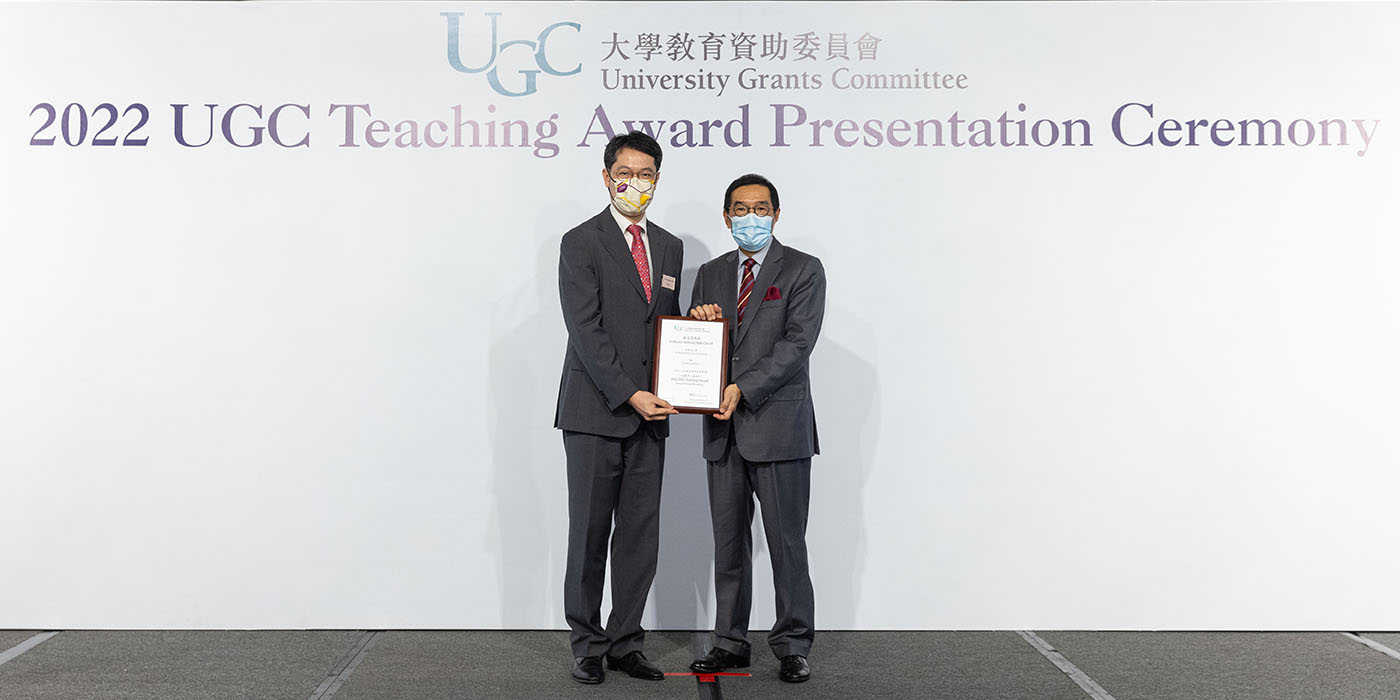
Also Dean of the Graduate School, Professor So, notes that writing matters even more for postgraduate students when it comes to publishing in peer-reviewed academic journals. “Reviewers usually don’t have a lot of time,” he cautions. “If you can’t impress them by telling a good story, you might lose the chance to appear in print even though you may have a solid piece of work.”
Back in the 1990s, after secondary school at Wah Yan College, Hong Kong, Professor So was accepted by Princeton University in the United States, where he chose computer science as his major. “I wasn’t really sure what I could do with computer studies in future, but we were in the age of the computer, and I wanted to experience it,” he says. He minored in applied and computational mathematics, engineering and management systems, and German language and culture.
Airline internship and algorithms
He little imagined that learning German would turn out to be his entree to an academic career in systems engineering. During his second year at Princeton he interned as a researcher with Lufthansa Systems, an information technology service provider which is part of the Lufthansa Group that operates the airline — and found the whole experience an eye-opener.
“I was amazed at how crew scheduling was a very scientific system built with algorithms,” he recalls. “A lot of factors have to be taken into account when an airline decides who should return immediately from a destination, and who should stay behind to work the next flight. These factors include crew rest times, the mix of language abilities, costs, and so on,” he says. “It’s not a random matter of getting enough hands. The discipline of operations research is applied in everyday life, even in MTR train schedules.”
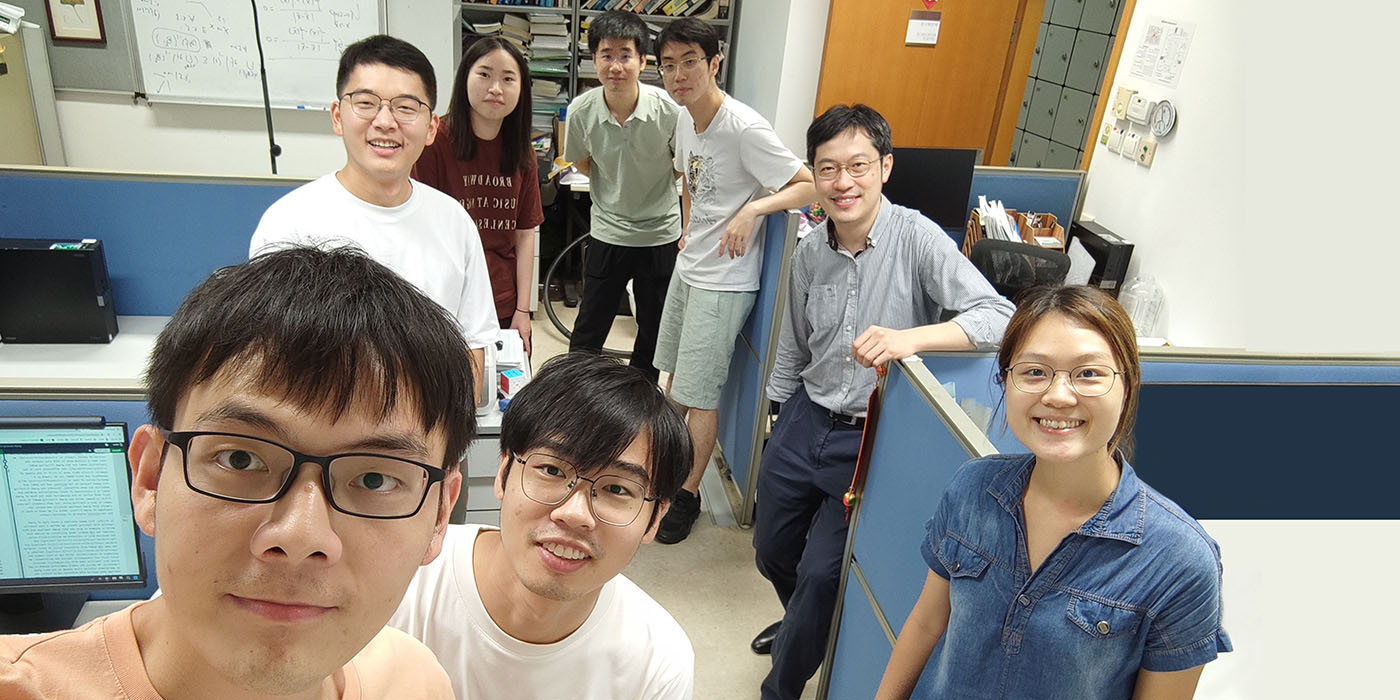
Ethical dilemmas in AI
In a video submitted for the UGC teaching award, students of Professor So said his classes were “more like a forum than a lecture” because he keenly engages everyone in discussion.
The professor also speaks to wider student audience via a general education class at Morningside College, where he is deputy master. Reflecting on the limits of what computers can do, he lectures on ethical dilemmas in artificial intelligence, giving real-life examples such as whether a self-driving car should be left to choose for itself “the lesser of two evils” in a situation where it will hit people whichever way it turns.
Another example Professor So likes to give is that of an experimental AI hiring tool used by an overseas company to review job applicants’ resumes. While efficient, the system screened out women for IT jobs because it had been trained to vet candidates by observing patterns in resumes submitted in the past. And most of them came from men.
“We have to be mindful that AI can consolidate biases and unfairness in our society,” he remarks. “AI is good at learning data and extracting patterns from it, but it operates like a black box and does not explain the results. Also, AI systems are too complex for humans to be able to verify their results. That’s why ‘explainable AI’ is emerging as a very important research area.”
Machine learning models typically contain many parameters that need to be optimised using available data, so that the models can make good predictions, or “inference”, to produce actionable results. Professor So says his goal is to develop algorithmic approaches to certify whether the inferences made are trustworthy.
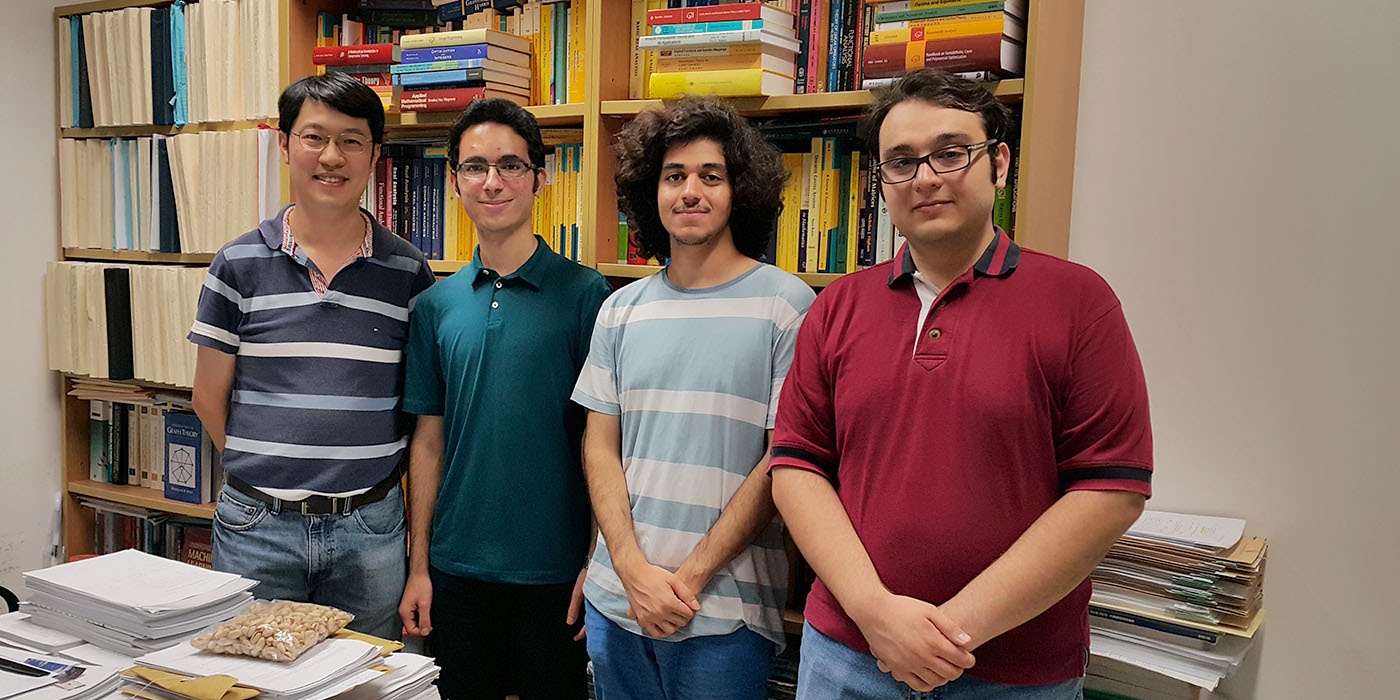
Undergraduates and postgraduates: bridging gaps
Meanwhile, at the Graduate School, where Professor So took up his post as Dean in August, the number of postgraduate students being admitted is gradually returning to pre-Covid levels. He is now collecting ideas from different faculties on how further to raise the level of enrolments locally and from overseas.
He also hopes to build bridges between undergraduates and postgraduates at CUHK. “It’s not just us, but in many universities, the two groups often appear to be unrelated to each other. Postgraduates often focus on their research and do not get so involved in campus activities.”
He hopes to explore the idea of a mentorship programme, with the University’s nine colleges providing the platform. “While undergraduates may not be sure about their academic choices, postgraduates might be able to share their experience and help them see the bigger picture. This would be mutually beneficial.”
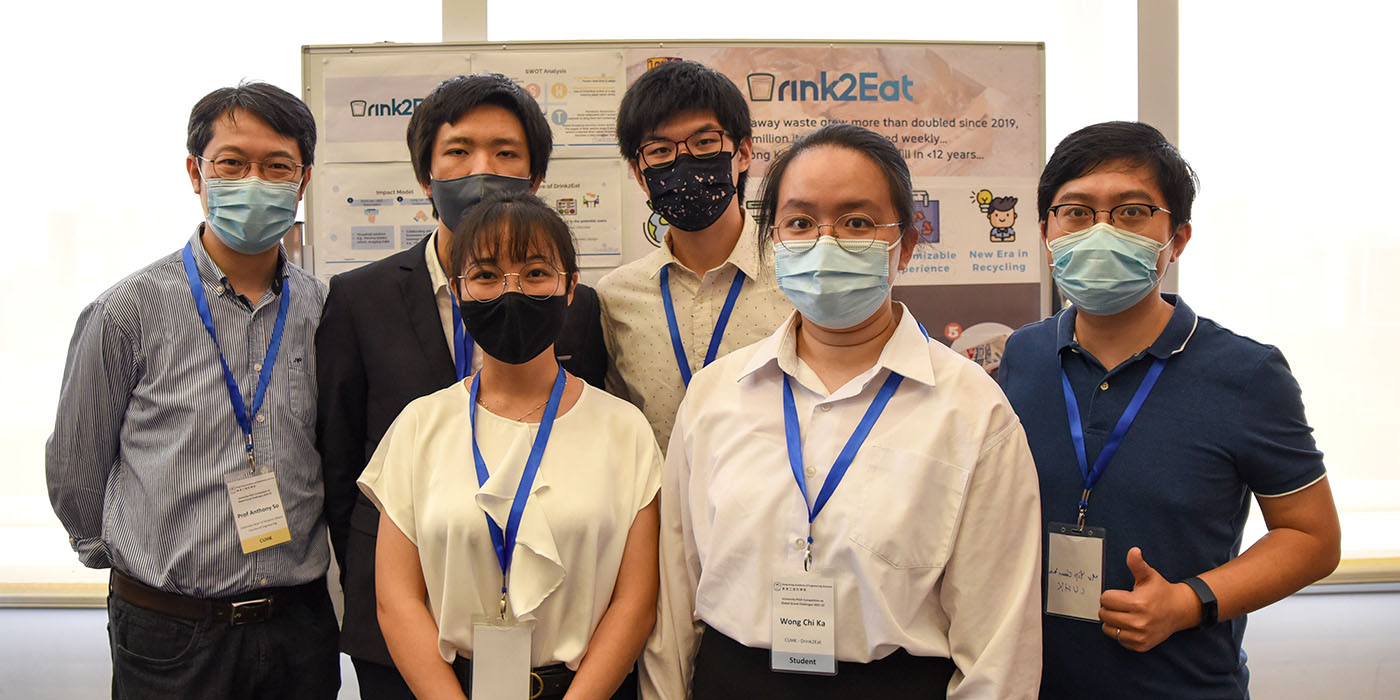
By Joyce Ng
Photos by Chun Yiu

